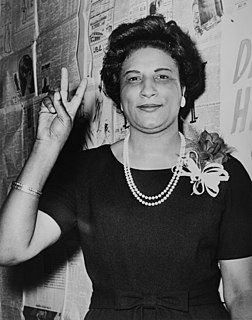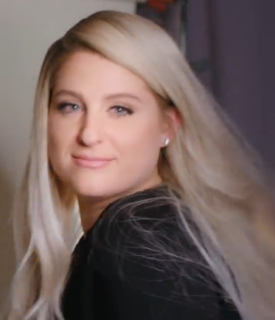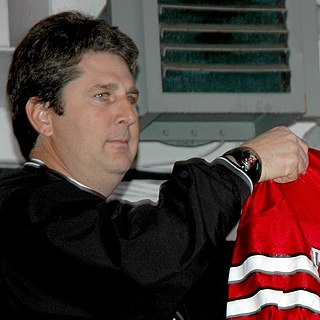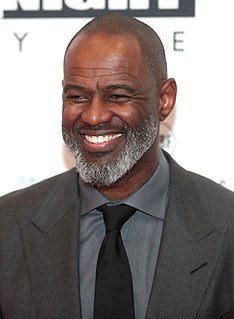A Quote by Constance Baker Motley
In high school, I discovered myself. I was interested in race relations and the legal profession. I read about Lincoln and that he believed the law to be the most difficult of professions.
Related Quotes
I regard it as a duty which I owed, not just to my people, but also to my profession, to the practice of law, and to the justice for all mankind, to cry out against this discrimination which is essentially unjust and opposed to the whole basis of the attitude towards justice which is part of the tradition of legal training in this country. I believed that in taking up a stand against this injustice I was upholding the dignity of what should be an honorable profession.
I always wanted to read. I always thought I was going to be a historian. I would go to school and study history and then end up in law school, once, I ran out of loot trying to be a history high school teacher. But my dream was always to place myself in a situation where I was always surrounded by books.
[Kurt] Vonnegut once said, if you ever want to know who somebody is... Like you look at Richard Nixon, or Adolf Hitler, or Ralph Nader, or anybody who seems like a difficult person to understand, and is therefore not part of the pattern of human behavior. Think about who they were in high school, and they will explain themselves to you. So we got a hold of, like, 50 high-school yearbooks, including my mom's from 1925 or something, and we discovered that they're all the same.
As a kid, I dreamt of becoming a writer. My most exciting pastime was reading novels; in fact, I would read anything I could find. I never thought I would pursue mathematics until my last year in high school. I grew up in a family with three siblings. My parents were always very supportive and encouraging. It was important for them that we have meaningful and satisfying professions, but they didn't care as much about success and achievement.
But one type of book that practically no one likes to read is a book about the law. Books about the law are notorious for being very long, very dull, and very difficult to read. This is one reason many lawyers make heaps of money. The money is an incentive - the word "incentive" here means "an offered reward to persuade you to do something you don't want to do - to read long, dull, and difficult books.
Because my graduate academic training at law school was not one that included most of the intellectual traditions I find useful for understanding the conditions and problems that most concern me - anti-colonial theories, Foucault, critical disability studies, prison studies and the like are rarely seen in standard US Law School curricula, where students are still fighting on many campuses to get a single class on race or poverty offered - I developed most of my thinking about these topics through activist reading groups and collaborative writing projects with other activist scholars.
The profession of shaman has many advantages. It offers high status with a safe livelihood free of work in the dreary, sweaty sense. In most societies it offers legal privileges and immunities not granted to other men. But it is hard to see how a man who has been given a mandate from on High to spread tidings of joy to all mankind can be seriously interested in taking up a collection to pay his salary; it causes one to suspect that the shaman is on the moral level of any other con man. But it is a lovely work if you can stomach it.
I think the legal profession is getting somewhat corrupted. When it comes to lawyers, I think it's kind of a Catch-22. On one hand, there's so much process, procedure and mess caused by the legal profession. But on the other hand, the only way to sort through all that process, procedure and mess is through the legal profession.
Where did I get it from? Was it by reason that I attained to the knowledge that I must love my neighbour and not throttle him? They told me so when I was a child, and I gladly believed it, because they told me what was already in my soul. But who discovered it? Not reason! Reason has discovered the struggle for existence and the law that I must throttle all those who hinder the satisfaction of my desires. That is the deduction reason makes. But the law of loving others could not be discovered by reason, because it is unreasonable.






































